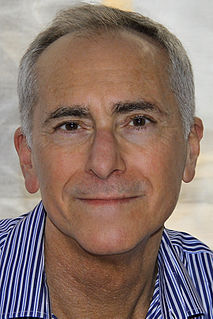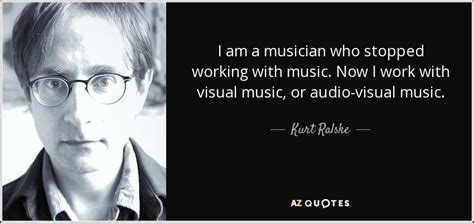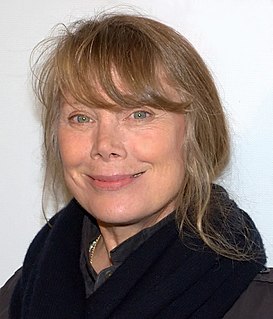A Quote by T.C. Boyle
Criticism can be wonderful, especially in making connections in an interpretive way. But by applying theories randomly, it's an interesting exercise, but I don't think it illuminates the literature.
Related Quotes
I appreciate good criticism and I think it's really important. I don't like it when it's consumer advocacy, like how you should spend your $60. Great criticism is a kind of literature. I've written some criticism, and I really enjoy it because I think it's important for people to know that theatre is vital. Criticism is really unevenly distributed in this town. Obviously the power of the Times is discouraging. It's killing new plays, demolishing one after another.
The way to rock oneself back into writing is this. First gentle exercise in the air. Second the reading of good literature. It is a mistake to think that literature can be produced from the raw. One must get out of life...one must become externalised; very, very concentrated, all at one point, not having to draw upon the scattered parts of one's character, living in the brain.
Just too much fast thinking all the time. I think of so many things all at once, it gets exhausting. You start seeing all of these connections around you . . . Everything is connected, composed, coordinated, choreographed. If you start paying attention to these connections, it can drive you insane. And that's why making work is so good, because that's when I'm not thinking, just making.
I don't have a very high opinion, actually, of the world of criticism - or the practice of criticism. I think I admire art criticism, criticism of painting and sculpture, far more than I do that of say films and books, literary or film criticism. But I don't much like the practice. I think there are an awful lot of bad people in it.
It seems to me that literature is giving way a little bit to the immediacy of other diversions, other forms of entertainment. What will it be in fifty years? I don't know. Will there be printed books? Probably, but I'm not sure. There's always going to be literature, though. I believe that. I think literature has a way of getting deep into people and being essential. Literature has its own powers.
Expression is never considered a given, and it is in fact maybe not what's most interesting about making art. Making art, since 1960 or something, is many things: it's a way of doing philosophy, it's a way of opening a dialogue, it's a way of putting a fact or a question out into the world, or a way of drawing people into new relationships, or a way of interrogating history. It's all these other sorts of strategies or techniques or processes that are really interesting and really valuable.
I think people in the north and the south and the east and the west, anywhere they come from, are just as interesting, and they're humans. They have the same realm of emotions that we all have. But I'm just more drawn to the Southern character and the different types, and Southern literature is so lyrical and so wonderful.
People are more interested in reading bombastic ideas, whether they're positive or negative. Part of me has sort of lost interest in doing criticism because of that. I've always realized that criticism is basically autobiography. Obviously in my criticism, it's very clear that it's autobiography, but I think it's that way for everybody.







































